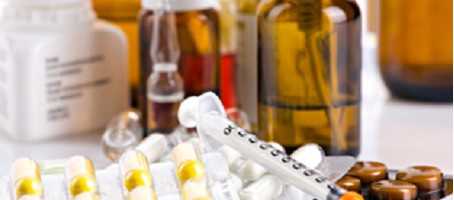A chemical called harmine, which occurs naturally in a number of plants around the world, has been shown to regenerate pancreatic cells lost in diabetes.
Type 1 diabetes is characterised by the immune system attacking insulin-producing pancreatic beta cells, while beta cell deficiency has been observed as a contributor to type 2 diabetes.
What is harmine?
Harmine is derived from Harmal, a flowering plant, but the drug is known for its psychoactive effects on the brain. It is an ingredient in the psychoactive mixture ayahuasca and is reportedly used in spiritual ceremonies.
Researchers at the Icahn School of Medicine at Mount Sinai, United States screened over 100,000 potential drugs to assess whether they had the potential to make beta cells grow.
To do this, they designed a sensor to glow following activation of a DNA snippet responsible for turning on the c-MYC gene, a regulator gene. 86 solutions caused the brightest glow, but harmine was the only drug that triggered beta cell growth.
When pancreatic islet cells were transplanted into diabetic mice, harmine treatment tripled the number of beta cells and restored the blood sugar levels of the mice to normal.
Key step forward
Dr Andrew Stewart, Director of the Diabetes, Obesity and Metabolism Institute at the Icahn School of Medicine in the US, concluded: “We believe these results represent a key step toward more effective treatment of diabetes.
“Our results provide a large body of evidence demonstrating that the harmine drug class can make human beta cells proliferate at levels that may be relevant for diabetes treatment. We still have a lot of work to do in improving the specificity and potency of the harmine and related compounds,” Stewart added.
The study was funded by grants from JDRF and the National Institutes of Health, with the results published online in Nature Medicine.
What's new on the forum? ⭐️
Get our free newsletters
Stay up to date with the latest news, research and breakthroughs.







